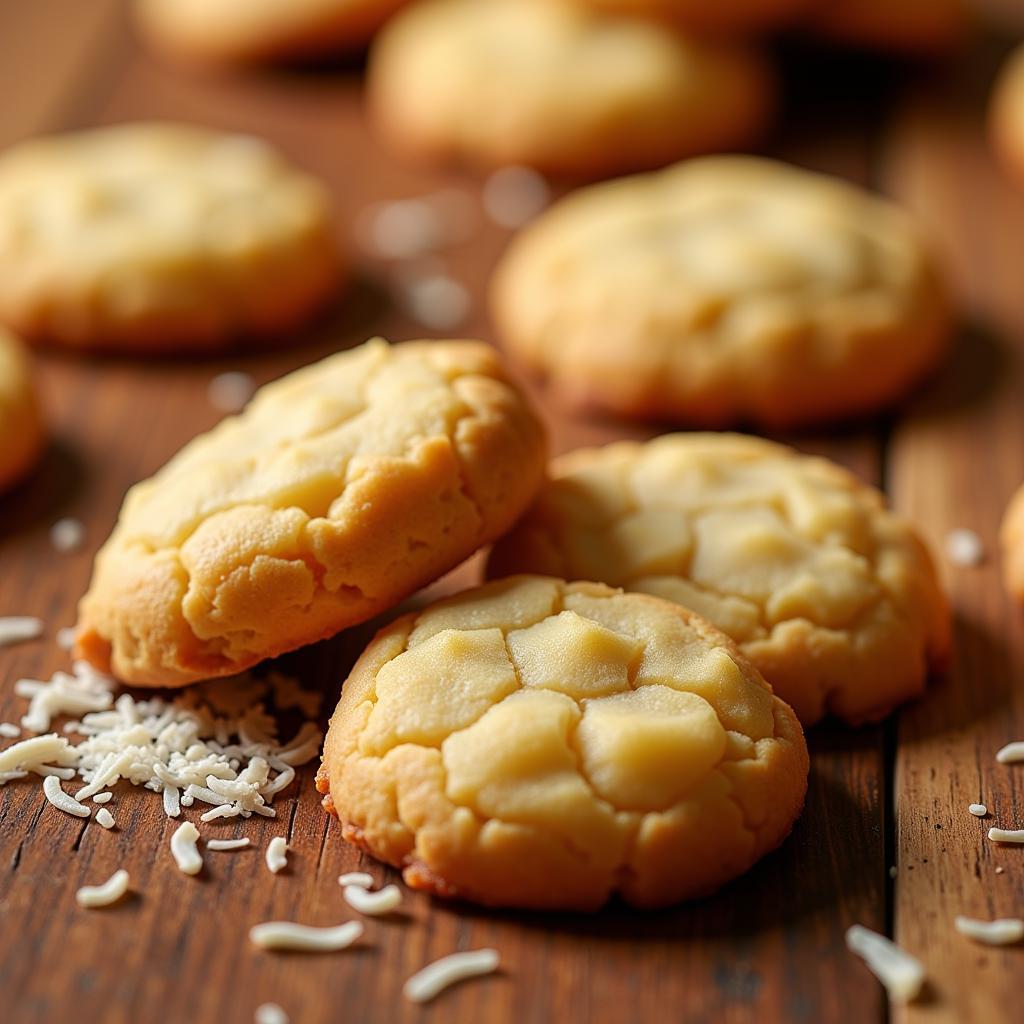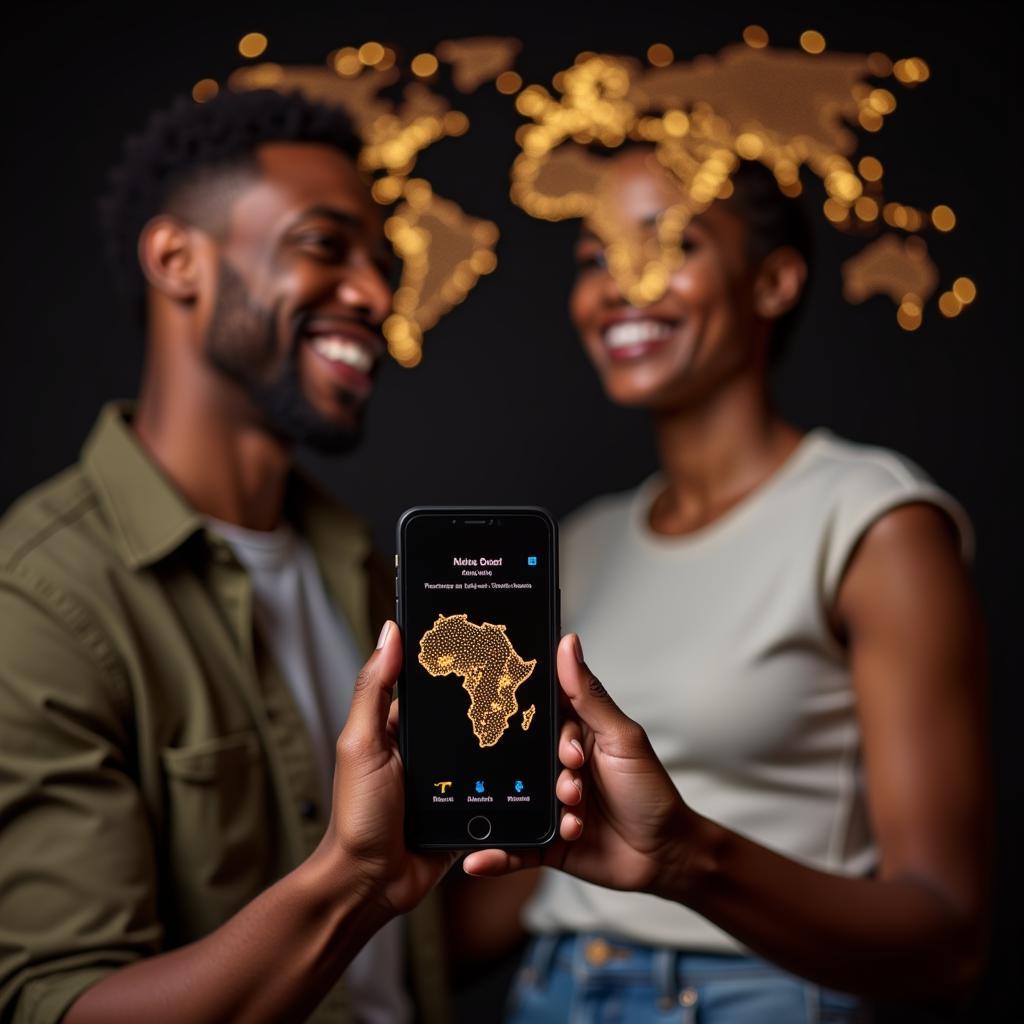African American Female Singers of the 50’s: A Harmonious Legacy
African American female singers of the 50’s significantly shaped the landscape of American music. This era witnessed the rise of incredible talent, paving the way for future generations of artists and leaving an enduring mark on popular culture. From the soulful blues of Dinah Washington to the electrifying rock and roll of Etta James, these women captivated audiences with their powerful voices and undeniable stage presence.
The Queens of Rhythm and Blues
The 1950s saw the flourishing of rhythm and blues, and African American female singers were at the forefront of this movement. LaVern Baker, known for her energetic performances and hits like “Tweedle Dee,” brought a playful yet powerful energy to the genre. Ruth Brown, often referred to as “Miss Rhythm,” delivered soulful ballads and upbeat tunes with equal finesse, solidifying her place as a leading figure in R&B. These women not only entertained but also challenged societal norms with their bold music and captivating personalities.
The Crossover Appeal of Dinah Washington
Dinah Washington’s versatility allowed her to transcend genre boundaries. While firmly rooted in the blues, her powerful vocals and emotional delivery resonated with audiences across various musical tastes. She tackled jazz, pop, and R&B with equal mastery, earning her the title “Queen of the Blues.” Her ability to connect with listeners on a deeply emotional level made her a true icon of the era.
The Gospel Roots of Soul
Many African American female singers of the 50’s drew inspiration from their gospel upbringing. Mahalia Jackson’s soaring vocals and passionate delivery brought gospel music to a wider audience. Clara Ward and the Ward Singers, with their intricate harmonies and dynamic performances, became one of the most successful gospel groups of the time. This gospel influence laid the foundation for the soul music explosion of the following decade.
Etta James: A Rock and Roll Pioneer
While still in her teens, Etta James emerged as a powerful force in the burgeoning rock and roll scene. Her gritty vocals and raw energy defied expectations and challenged the predominantly male-dominated genre. Hits like “The Wallflower (Roll With Me, Henry)” established her as a rock and roll pioneer, paving the way for future generations of female rockers.
A Lasting Impact on Music and Culture
The African American female singers of the 50’s left an undeniable mark on music history. Their powerful voices, dynamic performances, and groundbreaking artistry challenged conventions and paved the way for future generations of artists. Their influence can still be heard in contemporary music, a testament to their enduring legacy. These women not only entertained but also empowered, becoming symbols of resilience and strength during a time of significant social change.
Dr. Althea Gibson, a renowned music historian, notes, “The music of these women resonated with audiences because it spoke to the human experience. Their voices conveyed joy, pain, love, and resilience, capturing the spirit of an era.”
Professor Angela Davis, an expert on African American music and culture, adds, “These artists were more than just singers; they were storytellers, activists, and cultural icons who used their music to challenge societal norms and inspire change.”
In conclusion, African American female singers of the 50’s shaped the musical landscape and left an indelible mark on American culture. Their talent, resilience, and artistry continue to inspire and resonate with audiences today.
FAQ
- Who were some of the most influential African American female singers of the 1950s?
- What genres of music did these singers perform?
- How did gospel music influence the development of soul music?
- What role did these singers play in the civil rights movement?
- Where can I find more information about these artists and their music?
- What was the significance of the Chitlin’ Circuit for these performers?
- How did these artists contribute to the evolution of rock and roll?
Need support? Contact us 24/7: Phone: +255768904061, Email: [email protected] or visit us at Mbarali DC Mawindi, Kangaga, Tanzania.


